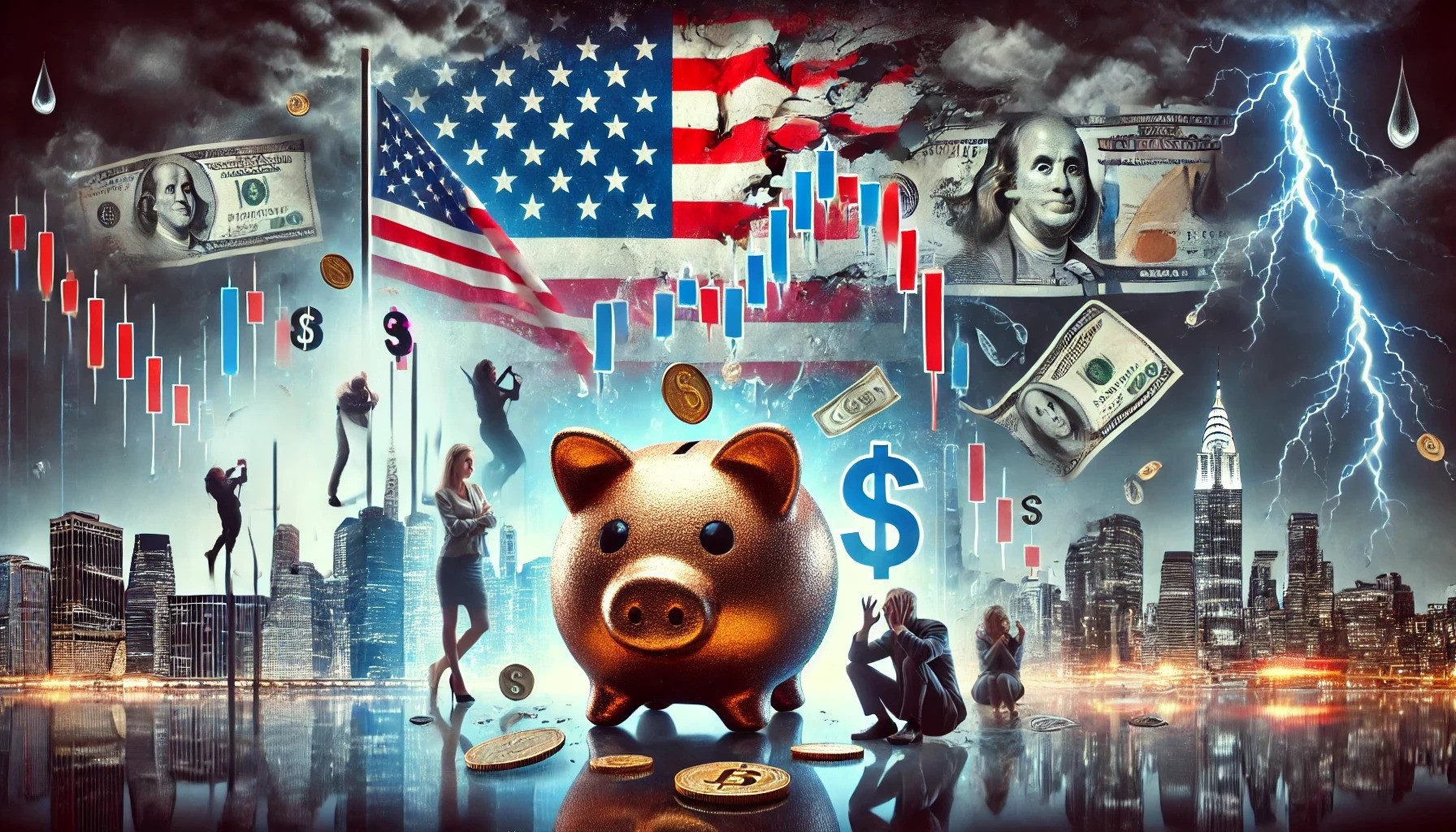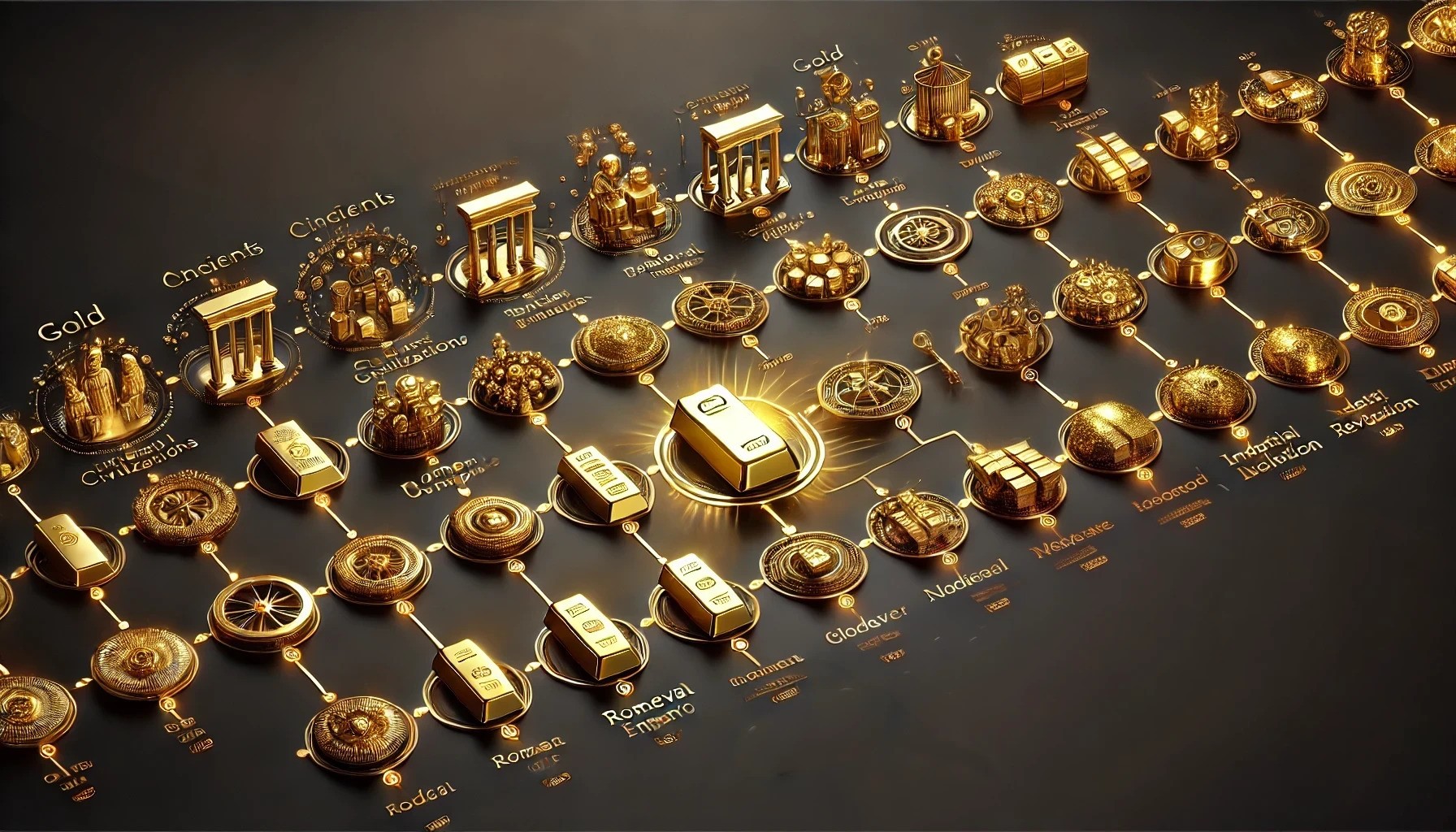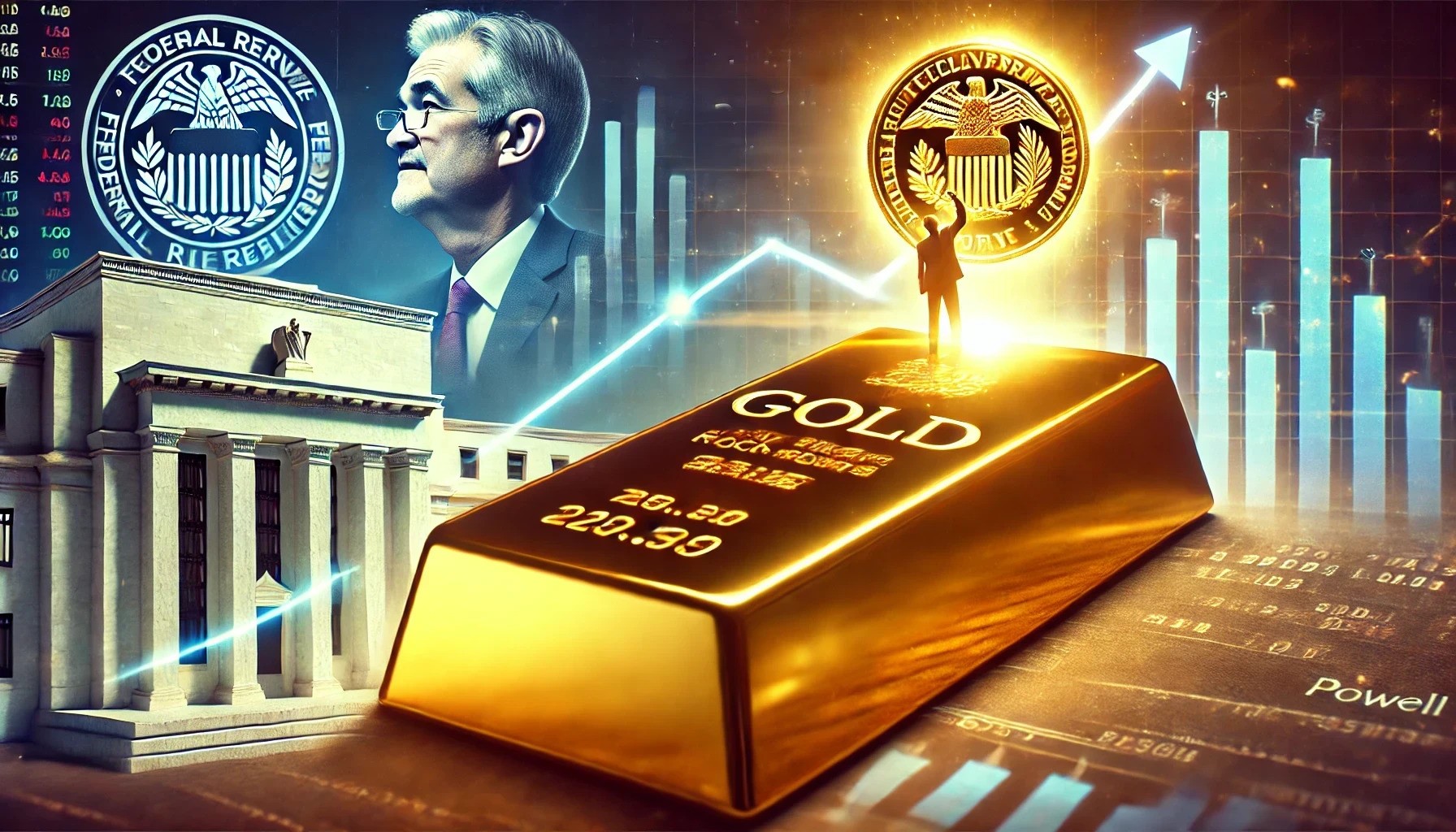In the latest episode of the Money Metals Midweek Memo, host Mike Maharrey delves into the recent surge in gold and silver prices, driven by Federal Reserve Chairman Jerome Powell’s comments and geopolitical events. Maharrey provides an in-depth analysis of the economic landscape, highlighting key factors that have influenced the precious metals market.
Gold Soars to New Records

Gold recently achieved an all-time high, closing at just over $2,468 per ounce. Silver also made significant gains, reclaiming the $31 per ounce level and closing at around $31.45. This rally in precious metals was largely influenced by remarks from Federal Reserve Chairman Jerome Powell, who hinted at potential interest rate cuts during his speech at the Economic Club of Washington.
Geopolitical Events Stir Market Movements

The market’s reaction to Powell’s comments was not the only driver of the recent surge in gold prices. The assassination attempt on former President Donald Trump added to the safe haven buying frenzy. Maharrey emphasized the importance of being prepared for geopolitical turmoil, noting that gold is often viewed as a safe haven asset during times of crisis.
“Did you have Trump getting shot at on your July bingo card?” Maharrey quipped, underscoring the unpredictable nature of current events. He advised listeners to secure their investments in gold and silver before crises unfold, comparing it to buying fire insurance before a house fire.
Federal Reserve’s Monetary Policy

Maharrey provided a historical context to the current economic situation, recalling how Trump had previously pressured Powell to lower interest rates early in his term. He pointed out that while Powell had raised rates to 2.5% by the end of 2018, the rate was still relatively low historically.
In response to the economic instability caused by the 2008 financial crisis and the COVID-19 pandemic, the Federal Reserve implemented significant rate cuts and quantitative easing measures.
Maharrey noted that Trump’s preference for easy money policies is likely to influence future decisions if he returns to office, including potentially replacing Powell with someone more aligned with his views.
Inflation and Economic Concerns

Despite recent attempts to curb inflation, Maharrey warned that the inflation “dragon” is far from defeated. He cited the Producer Price Index (PPI), which rose by 0.2% in June, as an indicator that inflationary pressures remain. Furthermore, the PPI has increased by 2.6% over the past year, surpassing the Federal Reserve’s 2% target.
Maharrey also highlighted a significant rise in corporate bankruptcies, with 75 filings in June alone—the highest in over a decade. This surge signals underlying economic fragility and challenges the narrative of a robust recovery.
The Role of Gold as an Inflation Hedge

Gold’s role as an inflation hedge was a central theme in Maharrey’s discussion. He addressed critics who argue that gold has underperformed by pointing out that while gold’s peak in 1980 adjusted for inflation is higher than current prices, the metal has generally outpaced inflation over time.
The average price of gold in 1980 was $614 per ounce, which adjusts to about $2,200 today, indicating that gold is still ahead of inflation.
Silver’s Untapped Potential

While gold has been stealing the spotlight, Maharrey urged listeners not to overlook silver. Currently priced at $31 per ounce, silver remains far from its record high of over $49.
The gold-silver ratio, at 78:1, suggests significant upside potential for silver, with the historical average being closer to 50-60:1.
Conclusion: Preparing for Economic Uncertainty
Mike Maharrey concluded by encouraging listeners to invest in precious metals as a hedge against economic instability. He stressed the importance of preparing before a crisis hits, rather than reacting afterward.
For those interested in exploring investment options in gold, silver, or other precious metals, Maharrey recommended contacting Money Metals Exchange specialists at 1-800-800-1865 or visiting their website – MoneyMetals.com.

